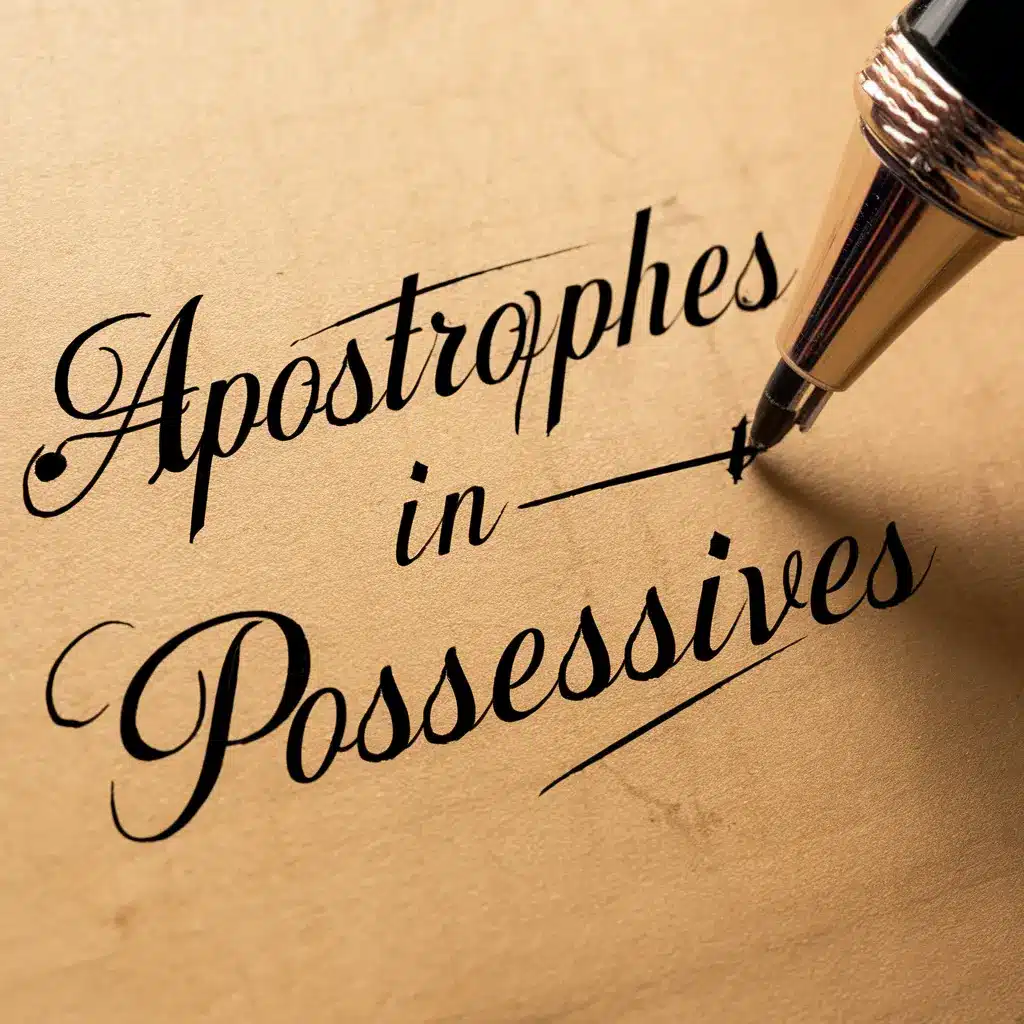In the English language, possessives can sometimes trip us up, especially when it comes to words like “brother.” Do we use Brother’s, Brothers’, or simply Brothers? Let’s delve into each one to grasp their distinctions and when to use them appropriately.
Types of Brother’s or Brothers’ or Brothers?
Below is a table summarizing the different forms of the word “brother” in singular, plural, singular possessive, and plural possessive:
| Type | Singular | Plural | Singular Possessive | Plural Possessive |
| Example | Brother | Brothers | Brother’s | Brothers’ |
| Definition | A single brother | Multiple brothers | Possession by a single brother | Possession by multiple brothers |
Brother’s (Singular Possessive)
When we use Brother’s, we’re indicating possession by a singular brother. This form is employed when something belongs to or is associated with a single brother. Here are three scenario examples to illustrate:
- Possession: John’s brother’s car was parked outside.
- Here, the car belongs to a singular brother, indicating possession with the use of ‘s.
- Association: My brother’s graduation ceremony is next week.
- This sentence implies that the graduation ceremony pertains to one specific brother.
- Description: The artist painted his brother’s portrait.
- In this case, the portrait is depicting a singular brother, showing association and ownership.
Brothers’ (Plural Possessive)
Conversely, Brothers’ signifies possession by multiple brothers. This form is used when something belongs to or is associated with more than one brother. Let’s see how this works in various contexts:
- Joint Possession: The brothers’ house was spacious and well-decorated.
- Here, the house belongs to more than one brother, indicating joint ownership.
- Shared Responsibility: The brothers’ business venture was a success.
- In this example, the success of the business venture is attributed to the collective effort of multiple brothers.
- Collective Identity: The brothers’ loyalty to each other was unwavering.
- This sentence highlights the bond and loyalty shared among several brothers.
Brothers (Plural)
When we use Brothers without an apostrophe, it typically functions as a simple plural noun. It refers to multiple brothers without indicating possession. Let’s explore its usage through example sentences:
- Plural Noun: The Smith brothers all have distinct personalities.
- Here, “brothers” simply refers to multiple male siblings without indicating any possession.
- General Reference: Brothers often share similar interests and hobbies.
- This statement makes a general observation about the commonalities among male siblings.
- Inclusive Term: Hey, brothers, let’s gather for a family dinner tonight.
- In this context, “brothers” is used as an inclusive term to address male siblings collectively.
Understanding Apostrophes in Possessives

Now that we have explored the various forms of possessives involving the word “brother,” it’s crucial to understand the role of apostrophes in forming possessive nouns.
In English grammar, an apostrophe followed by an “s” (‘s) is commonly used to indicate possession or ownership. When we add ‘s to a noun, it typically signifies that the noun possesses something. For example, “John’s car” indicates that the car belongs to John.
However, when a plural noun already ends in “s,” we simply add an apostrophe after the “s” to indicate possession. For instance, “the brothers’ house” signifies that the house belongs to multiple brothers.
Common Errors to Avoid
Despite the straightforward rules governing possessives, common errors still arise. One such error involves using an apostrophe when it’s not needed, particularly in plural nouns that are already possessive.
For instance, saying “the brothers’s car” is incorrect because “brothers” is already plural, so it only requires an apostrophe after the “s” to indicate possession: “the brothers’ car.”
Another error involves confusing contractions with possessive nouns. For example, “its” is the possessive form of “it,” while “it’s” is a contraction of “it is” or “it has.” It’s important to differentiate between the two to avoid grammatical mistakes.
Clarifying Ambiguity
In some cases, the absence of an apostrophe can lead to ambiguity or confusion. For instance, consider the sentence “the Smith brothers business.” Without an apostrophe, it’s unclear whether the brothers own the business or if the business pertains to brothers in general.
Adding an apostrophe can clarify the intended meaning: “the Smith brothers’ business” or “the Smith brothers’s business” (depending on style guide preferences).
Historical Context and Evolution

The usage of possessives has evolved over time, influenced by linguistic conventions, style guides, and cultural norms. In older forms of English, possessives were often indicated by adding “es” to the end of a word, such as “brotheres” instead of “brother’s.” Modern English has streamlined these conventions, but remnants of older forms can still be found in certain expressions and archaic texts.
Conclusion
In conclusion, mastering the usage of Brother’s, Brothers’, or Brothers involves understanding the nuances of possession and plurality in the English language. Brother’s denotes possession by a singular brother, Brothers’ indicates possession by multiple brothers, and Brothers serves as a simple plural noun.
By adhering to grammatical rules and avoiding common errors, one can effectively communicate with clarity and precision in both written and spoken contexts.
Related Post:

Meet Steven Smith, the driving force behind “English Summa.” Armed with a Bachelor’s Degree in Linguistics and a passion for teaching, Steven is dedicated to unraveling language intricacies for eager minds. Join him on a journey of linguistic discovery through Language Odyssey—a space where education meets inspiration, and the beauty of language unfolds.

